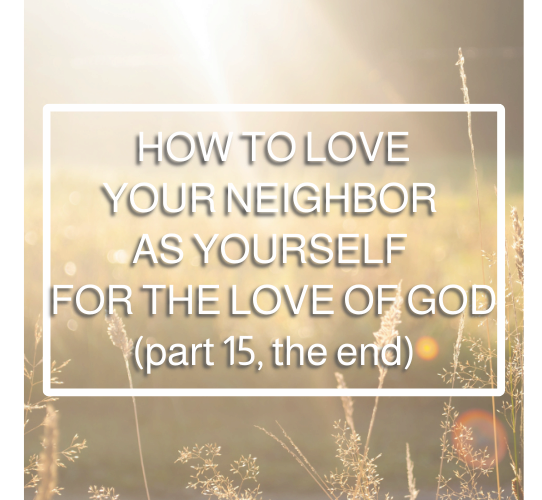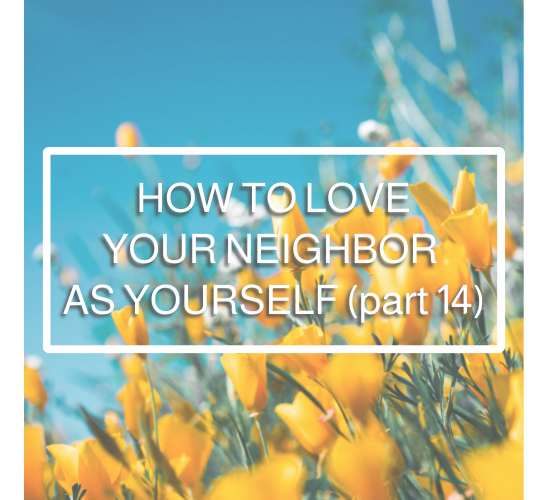Snip Snip
SNIP SNIP
"I am the true vine, and my Father is the vinedresser. 2 Every branch... that does bear fruit he prunes, that it may bear more fruit....4 Abide in me, and I in you. As the branch cannot bear fruit by itself, unless it abides in the vine, neither can you, unless you abide in me. 5 I am the vine; you are the branches. Whoever abides in me and I in him, he it is that bears much fruit, for apart from me you can do nothing. (Joh 15:1-5)
Psalm 1 pictures the Christian life as a tree. It's planted by a stream of water and so may be ever green and seasonally fruitful.
The picture of the Christian life as something planted runs throughout the Word. Remember how Jesus describes the Kingdom as a seed to be planted in people's hearts. Or how, here in John 15, Jesus compares us to branches on a vine (think: grapes).
Just as in Psalm 1, we want to be connected to life--there described as the stream of living water, and here described as the vine (both images, ultimately, referencing Jesus). And just as in Psalm 1, we are called to be fruitful. But whereas Psalm says only that "we bring forth fruit in our season," here Jesus explores that concept more.
How do we bring forth more fruit? Well, *clears throat* let's talk about pruning.
Pruning, as every gardener knows (I had to look it up, lol), is trimming parts of the plant so that it produces more fruit or more blossoms in the following season. And by "trimming" we mean "removing." Or, to be more clear, "cut it off and throw away."
What in your life would you like to have the Father cut off and throw away so that you can be more fruitful?
Isaiah 27 describes Judah as a renewed vineyard. No more the wild vineyard of Isaiah 5, now Judah is "a pleasant vineyard!" and will "fill the whole world with fruit." (27:2, 6) How was Judah transformed from the overgrown mess of Isaiah 5 to the bountiful beautiful garden of Isaiah 27? "He will make all the stones of the altars like chalkstones crushed to pieces, no Asherim (idol) or incense alters (to idols) will remain standing." (10) In other words, God will remove their attachments to other gods.
What "idols"--what deeply held values, useful stories, and life-long desires and motivations--would you like to have ground to dust like chalk?
But then, what do we think is going to be "pruned"? How are we going to become more fruitful? Just read more blogs or books and listen to more podcasts? Just add good things to our lives?
Can we become more fruitful without having our idols removed?
Are we overdue to have some idols removed? Which is not good. Idols just tend to get bigger and bigger, and the surgery takes longer and hurts worse.
What have we repented of recently? Nothing?
It's good to abide in the LORD. It's not good to never expect to be pruned. Pruning does not mean God is angry with us. It means He loves us, He likes us, and He's eager to bless us. He wants us to enjoy more of Jesus and be more fulfilled in serving Him and do more good in this world with our lives. Who doesn't want those things!?
But pruning won't be pleasant. But then, this is, truly, what we want. It's not comfort we most want, but glory. And it's not just comfort Jesus offers us, but something more. Something better.
We are told to "pursue happiness," as if this were the greatest good. But the True God invites us into something more: life. He calls us to pursue Him and find something better than self-shaped happiness. "Filled with all the fullness of God," because we abide in Him. So full that we bear much fruit.
There's a season to be dormant, get cozy, and nap. And there's a season to get pruned, to say "search me and know my heart, try me and know my thoughts." (Psa 139:24) And there's a season to be more fruitful. I'm not telling you which season you're in. I'm just telling you what Jesus says here: that there's more fruitfulness for us when we submit ourselves to genuine idol-removing pruning.
I think we would all like 2022 to be a more fruitful year, a more flourishing year. Will we entrust ourselves to the Father's care in this, as in all things?
Photo by David Köhler on Unsplash











